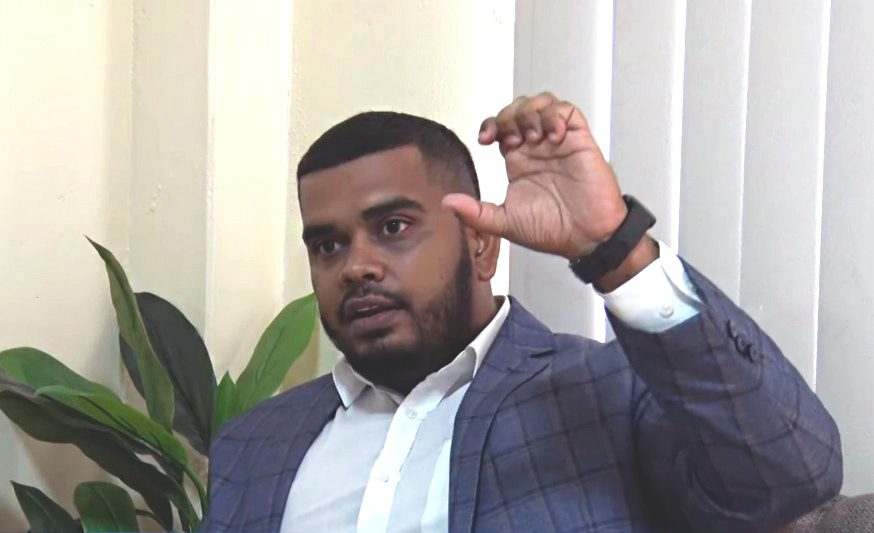Paramaribo, Suriname – Since the development of the CARICOM Single Market and Economy (CMSE) agreement, the Caribbean has changed. Massive oil and gas discoveries have been made.
The Revised Treaty of Chaguaramas – the main pact establishing the Caribbean Community – came into being in 2001. At that juncture, it gave rise to the CSME, meant to promote free trade among CARICOM member states.
With oil and gas, Guyanese economist Richard Rambarran believes that a review of CSME is needed.
In the current situation, Rambarran, who is Executive Director at the Georgetown Chamber of Commerce and Industry (GCCI) explained, “It is as if we are operating in a country and the laws… are outdated.”
He was at the time participating in a panel discussion on Local Content and Labour Market Development at the Suriname Energy, Oil and Gas Summit (SEOGS) in Paramaribo on Thursday.
The economist opined those countries should be given “sufficient space” for the utilisation of their natural resources to benefit their citizens, while also leaving room for sister CARICOM states to participate.
Further, Rambarran believes that there should be “free movement” within Caribbean states to help bolster labour markets and address the current shortages being experienced.
Guyana’s oil-driven development boom creating huge demand for labour | OilNOW
“If you take all of the unemployed people and underemployed people in Guyana and you put all of them into the labour market to the extent that they have full employment, it will only result to about 50,000 persons but we estimate in Guyana that over the medium term, we will need 150,000 workers leaving a deficit of 100,000 persons,” he explained pointing to a study he conducted on Guyana’s labour market.
And this review is critical, the Economist pointed out. He said that it will not only aid participation within the Caribbean region but also others, like Latin America, facing the same struggle.
In the rethinking of the agreement, Rambarran suggested the creation of a Labour Market Information Centre and subsequently, a regional Labour Market Information Analysis.
“This is where we can understand what skill sets are of not just the skilled personnel but the semi-skilled personnel and once, we move to the analysis, we would be in a much better position to address labour shortages,” he said.
Guyana, like the rest of the Caribbean is also facing the brunt of labour shortages, especially for its growing oil and gas sector. Its Vice President, Dr. Bharrat Jagdeo has already signalled intentions to import labour to fill the gap.
Considerations are also being made to create an “active but careful immigration policy”.



